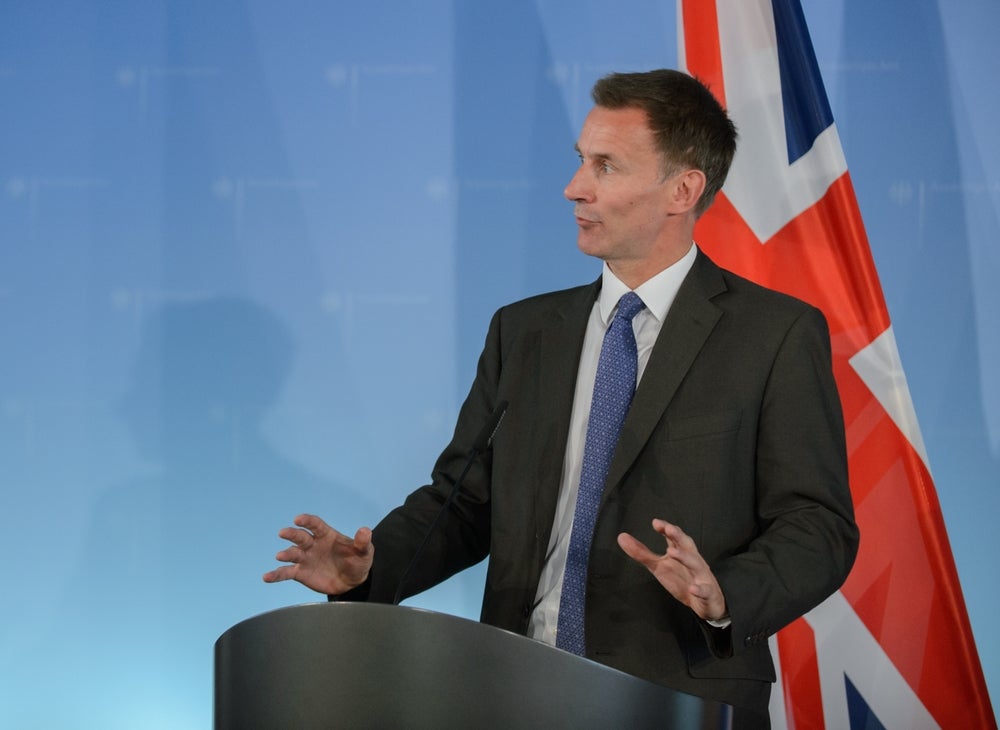
As the UK Chancellor prepares his Spring Budget, research from Grant Thornton’s latest Business Outlook Tracker reveals the policy areas that mid-market business leaders hope to see prioritised by the Chancellor.
Though the market continues to grapple with high prices, and businesses face the likely loss of energy support and the impending hike in corporation tax in April, the majority (77%) of the 600 mid-market respondents to the research are confident that the government will provide the necessary support for businesses in the Budget.
These are the top policy priorities for UK mid-sized businesses:
- Level Up the economy
The survey found that measures to Level Up the economy, with more devolved powers across the regions, ranked top of the list – with almost one-third choosing this as a top priority (30%).
This is a big shift compared to the Tracker’s findings immediately ahead of the 2022 Spring Budget – where measures to Level Up the economy ranked towards the bottom of the priorities for the market.
Grant Thornton head of public sector consulting, Phillip Woolley, said: “Now that the objectives of the Levelling Up agenda are more widely understood, it is easy to understand why businesses would want to benefit from government investment targeted at improving productivity, enhancing the talent pool, promoting innovation and investing in vital infrastructure.
“The agenda aims to create a more stable and productive environment for businesses to operate in but if the investment is not targeted effectively or accompanied by other measures to address underlying issues in the area, there is the potential for regional disparities to persist, or even worsen. Ultimately, the agenda’s success will depend on sustained political commitment and adequate resources, which may be difficult to secure in the face of competing demands on public finances and political priorities.”
- Skills attraction and development
Incentives for employers to invest in skills attraction and development was the second highest priority for business leaders, reflecting the significant battle for talent currently facing the mid-market.
The firm’s previous Tracker round, conducted in December 2022, found that over half (56%) of the businesses surveyed were struggling to recruit for open roles.
How well do you really know your competitors?
Access the most comprehensive Company Profiles on the market, powered by GlobalData. Save hours of research. Gain competitive edge.

Thank you!
Your download email will arrive shortly
Not ready to buy yet? Download a free sample
We are confident about the unique quality of our Company Profiles. However, we want you to make the most beneficial decision for your business, so we offer a free sample that you can download by submitting the below form
By GlobalDataGrant Thornton’s head of people advisory, Justin Rix, said: “The government has made it clear that attracting the inactive and long-term unemployed back into the workforce is a key focus area. This will be critical as many companies are still experiencing unusually high staff turnover rates and struggling to recruit to fill their available roles.
“Given the fierce competition for talent, jobseekers (particularly those with desirable skills) spurred on by the rising cost of living and the quest for better work-life balance, continue to be in a strong position to negotiate favourable salary and benefit packages. This is reflected in the investment expectations for both employee reward and benefits and skills development, which remain at steady levels on the Tracker, demonstrating employers’ ongoing requirements to not just attract new talent, but to retain it as well.”
- Digital transformation
The rapid adoption of digital technology during the pandemic proved the benefits of digital transformation for business and built a new foundation for the usability and functionality of digital tools. The focus on this agenda remains, as measures to support digital transformation was the third highest priority for business leaders.
This focus on digital is also reflected in the market’s investment priorities, with 82% of the businesses surveyed planning to invest, either more or the same amount, into technology over the next six months.
Grant Thornton’s head of technology advisory, Richard Joyce, commented: “The pandemic accelerated a fundamental shift in how we work, underpinned by a greater reliance on technology and the need to ‘go digital’. In many cases, digital transformation led to improved efficiency, new routes to market and greater collaboration.
“The mid-market now has the potential to build on, and accelerate, its digital journey and we need to ensure the momentum around this agenda does not slow. Assisting businesses with this, by providing clear guidance and enabling adoption and innovation across areas such as data analytics, cloud and AI – supported by policies that ensure user confidence in personal data security – will be critical. Businesses will also need support in hiring and developing the relevant skills to implement these solutions successfully, which, if done properly, will boost growth, productivity and innovation within our economy.”
- Certainty around future tax policy
With erratic changes to tax policy over the last few months, following the mini-budget in September, it is not surprising that certainty around future tax policy is also a high priority for the market – 27% chose it as a top priority – while 25% also identified simplification of the UK business tax system as a key focus area.
Grant Thornton head of tax, Karen Campbell-Williams, said: “Certainty around tax policy plays an important role in boosting business confidence to make future investment decisions. U-turns and reversals on recent tax changes have left many businesses looking for stability from the government, to allow them to plan effectively and confidently.
“We know that the super-deduction specifically has helped to boost investment in the mid-market – with most of the businesses who have used it confirming it encouraged them to invest more. With the end to the allowance expected in April, and an open consultation on potential reforms to the UK capital allowances regime yet to be concluded, there remains a vacuum of uncertainty on whether further support will be available for capital investment.”
Earlier this week, The Accountant looked at Evelyn Partners’ hopes for the spring budget, in which they too addressed the priorities mid-market business leaders have at this crucial economic juncture.






